China’s Huawei sues US over ban on products
Chinese telecom giant Huawei has filed a lawsuit against a United States law that bans American government agencies from purchasing the Chinese company’s equipment, calling the ban unconstitutional.
Huawei Technologies Co Ltd, the world’s biggest manufacturer of telecommunications equipment, said in a statement on Thursday that it had filed the lawsuit in the US district court in Plano, Texas, arguing that section 889 of the National Defense Authorization Act (NDAA) was in violation of the American constitution because it singled out an individual or group for punishment without trial.
Back in August last year, US President Donald Trump signed the section into law. Based on the new provision, federal agencies and their contractors are prohibited from purchasing Huawei’s equipment and services over the accusation that the Chinese government uses the company’s 5G (fifth generation) networks to spy on other countries.
Both Huawei and the Chinese government have rejected the accusation.
Washington has not provided any evidence to support the allegation. In its statement, Huawei pointed to that fact and said it was “compelled” to file the lawsuit.
“The US Congress has repeatedly failed to produce any evidence to support its restrictions on Huawei products. We are compelled to take this legal action as a proper and last resort,” according to Huawei’s statement, which was read out by Rotating Chairman Guo Ping in a news conference at the company’s headquarters in the Chinese city of Shenzhen.
Although the company had a small market share in the US before the controversial law, it sought to expand its share there and is now trying to be at the forefront of a global roll-out of 5G mobile networks and services.
“This ban not only is unlawful, but also restricts Huawei from engaging in fair competition, ultimately harming US consumers. We look forward to the court’s verdict, and trust that it will benefit both Huawei and the American people,” Guo added, demanding the law to be overturned.
“Lifting the NDAA ban will give the US Government the flexibility it needs to work with Huawei and solve real security issues,” he further said.
Separately, Song Liuping, Huawei’s chief legal officer, rejected the accusation that Beijing was exercising any influence on the company.
“Huawei is not owned, controlled, or influenced by the Chinese government. Moreover, Huawei has an excellent security record and program. No contrary evidence has been offered,” he said.
The lawsuit is likely to raise the stakes in a protracted diplomatic dispute between China on the one side and the US and Canada on the other. Canada has arrested the chief financial officer of Huawei, Meng Wanzhou, on a US arrest warrant. She is now facing extradition to the US.
Meng, 47, was detained at a Vancouver airport on December 1 last year over the charge filed by the US that Huawei bypassed unilateral US sanctions against Iran. She was freed from jail ten days later on a bail of 10 million Canadian dollars (7.5 million US dollars) pending trial on the condition that she wear an ankle monitor and stay in Canada.
Beijing was infuriated by her detention and threatened Ottawa with consequences if Meng was not released immediately. It further strongly warned the Canadian authorities not to extradite her to the US.
Early this month, however, the Department of Justice Canada announced that it would allow an extradition hearing to proceed against Meng. It said that she would appear in a Vancouver court at 10 a.m. Pacific time (1800 GMT) on March 6, when a date would be set for her extradition hearing.
The decision drew an immediate response from the Chinese Embassy in Canada, which lambasted the move in a statement.
Following Meng’s detention, China arrested two Canadian citizens on national security grounds and a Chinese court later sentenced to death another Canadian national who had been previously jailed for drug smuggling. Some observers claim those arrests and the sentencing are related to Meng’s case.
VIDEO | Iran’s ‘True Promise’
Op. True Promise showcased interoperability of Iran’s Army, IRGC: Top general
UN demands end to Israel’s support for settler attacks on Palestinians
Trump returns to court in hush-money trial
VIDEO | Scientists train robot to walk on moon
Israel keeps ‘unlawful’ restrictions on Gaza aid in place, UN warns
Zionists will come to know Iran’s real response if they make a mistake: Raeisi
Ukraine running out of missiles to fight Russia: Zelensky


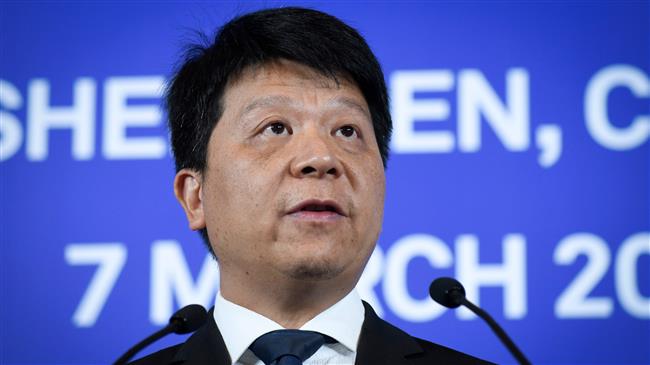

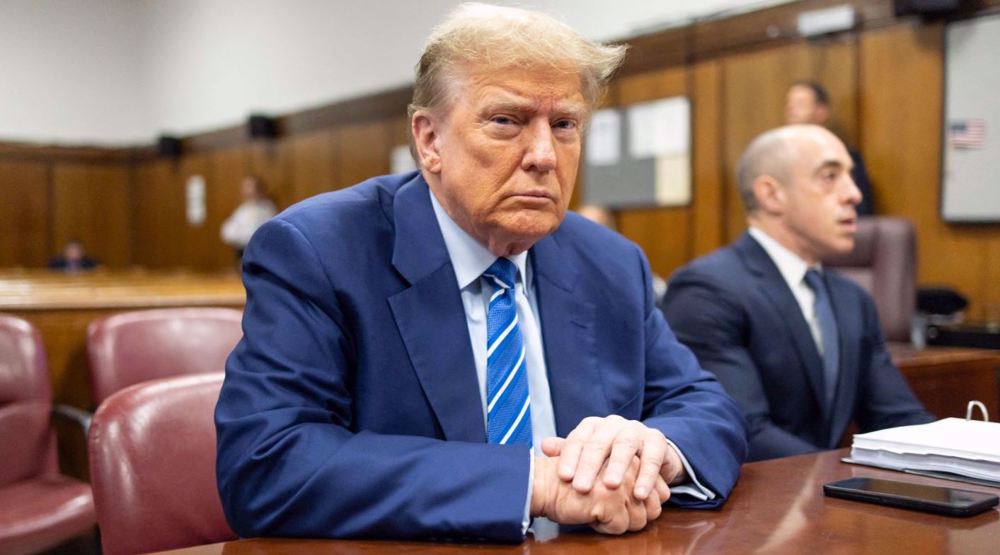
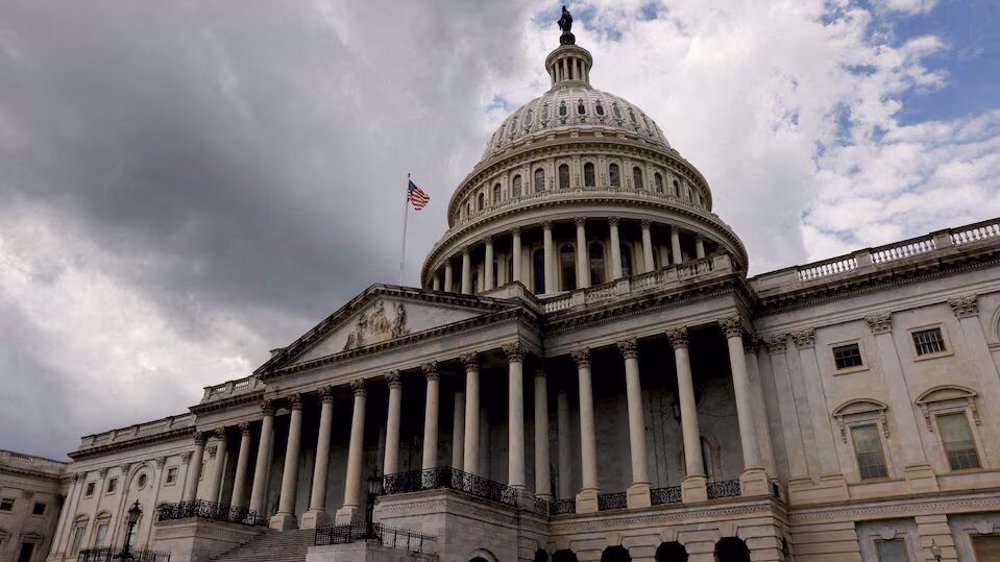
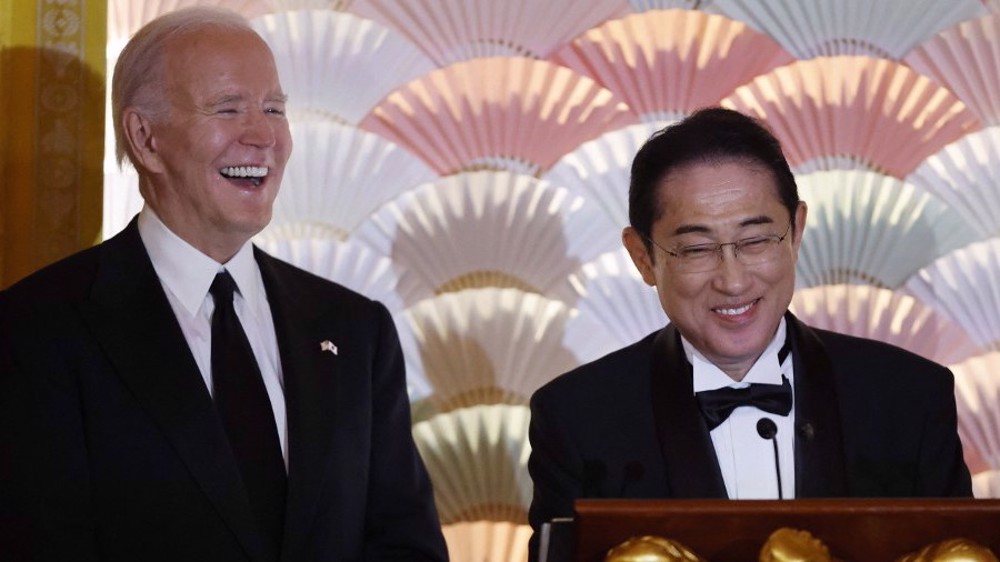



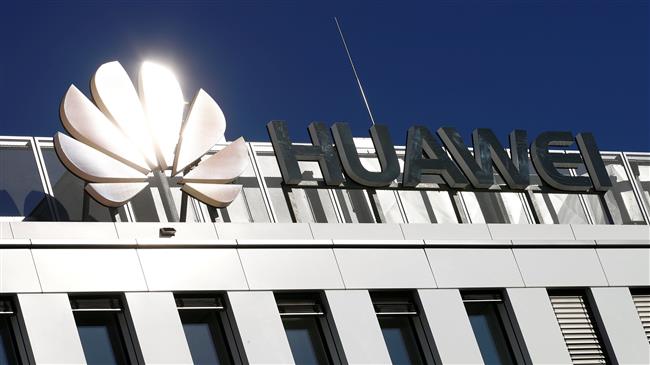
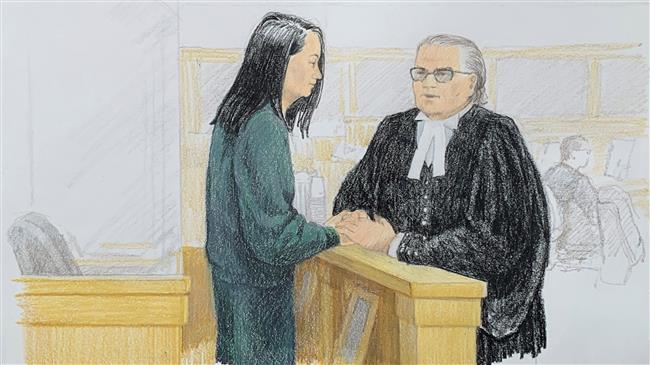
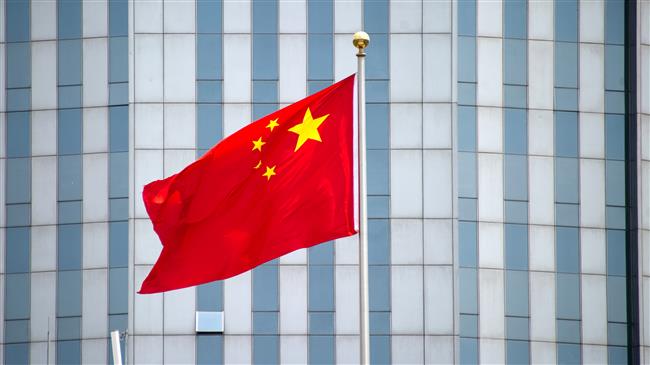

 This makes it easy to access the Press TV website
This makes it easy to access the Press TV website